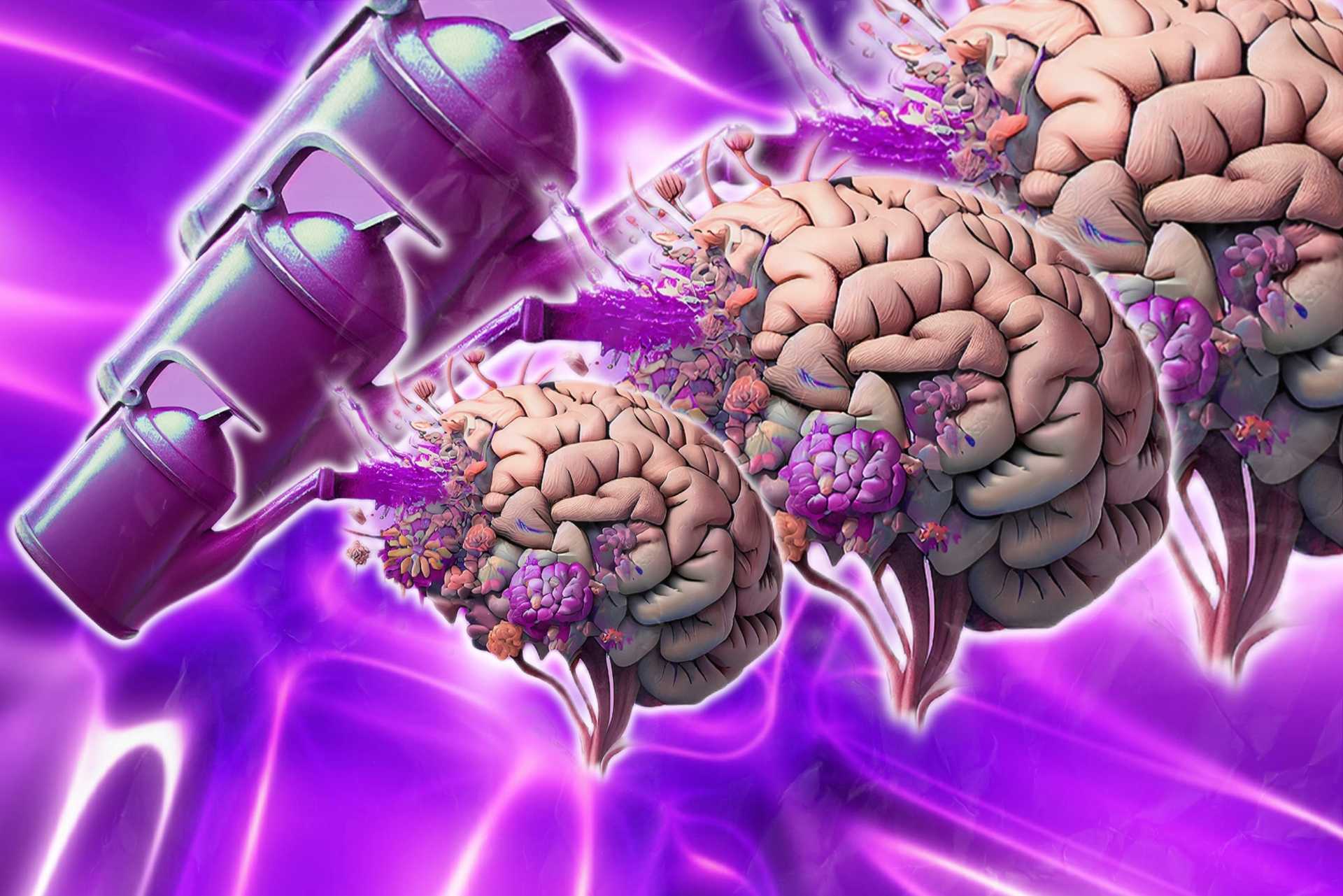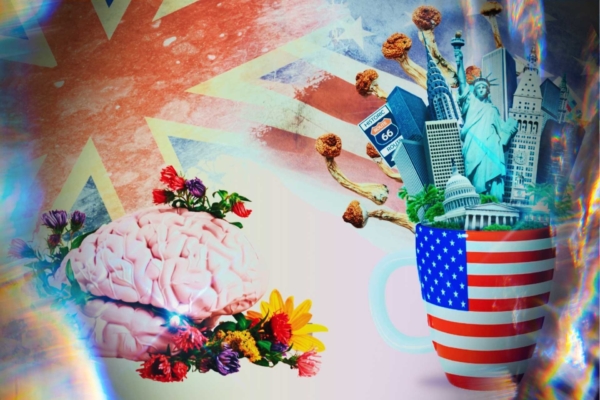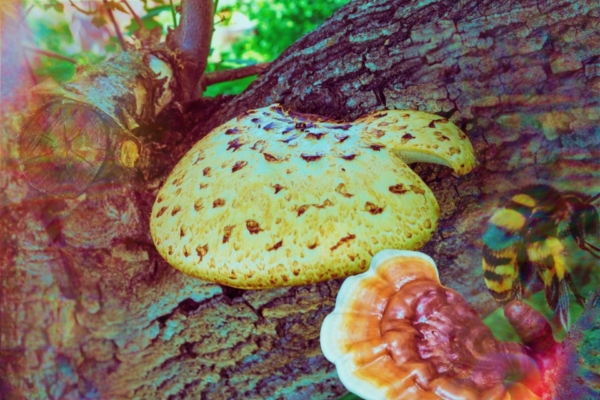
The paper titled “Subtypes of the psychedelic experience have reproducible and predictable effects on depression and anxiety symptoms” is the first to find three different subtypes (high scoring, low scoring, and positive scoring) of the psychedelic experience across a large sample size (n=985) whose effects on mental health such as depression and anxiety can be predicted and reproduced across various drug types. The 985-sample size comprised of participants who have used psilocybin, LSD, ayahuasca, 5-MeO-DMT, and mescaline.
Researchers used machine learning cluster analysis on 985 responses to a questionnaire that evaluated the extent to which participants’ psychedelic experiences were mystical, psychologically insightful, or challenging, as well as asking about the outcomes to their mental health and how they compared before and after they took a psychedelic drug.
The research asked participants to evaluate the extent to which their psychedelic experience was mystical, psychologically insightful, or challenging. The mystical categorization involved evoking a sense of pure awareness, positive mood, and/or transcendence of time and space that is difficult to describe in words. The psychological insight categorization meant an experience elicited insight into memories, emotions, relationships, behaviors, or beliefs. Finally, the challenging categorization meant anything that may have stirred up unsettling or distressing emotions during a trip.
These responses were then cross-referenced with the outcomes participants reported before and after ingesting a psychedelic substance, including their depression and anxiety levels, satisfaction with life, and their psychological flexibility.
The data analysis of this questionnaire introduced three subtypes of the psychedelic experience:
- High scoring: meaning high scores for mystical and insightful experiences with moderate challenging scores.
- Low scoring: meaning low to moderate scores for mystical and insightful experiences with low challenging scores.
- Positive scoring: meaning high scores for mystical and insightful experiences combined with low scores for challenging ones.
Once participants’ responses were split into these three subtypes, trends were found between subtypes and the positive mental health outcomes that were felt after their psychedelic experiences. The most apparent trend was that the Positive Scoring subtype showed the most benefit in terms of remission of anxiety and depression symptoms. Participants who reported experiencing challenging trips also showed a positive change in their mental health, which gives a whole new meaning to the common psychedelic colloquialism “there are no bad trips — all bad trips are good trips.”
Participants who reported experiencing challenging trips also showed a positive change in their mental health, which gives a whole new meaning to the common psychedelic colloquialism “there are no bad trips — all bad trips are good trips.”
Interestingly, participants who fell under the High Scoring subtype were shown to generally be younger than other participants. While the group who scored highest on the challenging criteria showed to have a higher proportion of participants who took high doses of their chosen psychedelic drug. The Low Scoring subtype group showed lower improvements in anxiety, depression, psychological flexibility, and their satisfaction with life compared to the other two subtypes. According to these results, it can be deduced that moderate to high scores in any of the three subtypes can indicate beneficial mental health outcomes.
Researchers then conducted the same data analysis but only on participants who have used psilocybin and LSD and found that the same conclusions could be made. In this data analysis, all three subtypes were associated with the same outcomes. The paper’s first author Aki Nikolaidis explained that the data’s reproducible and predictable effects spoke to the important of the subjective experience for psychedelic users.
This research paper is the first to find reproducible subtypes among participants’ subjective psychedelic experiences, and most importantly, tie them to specific outcomes that are reproducible across different psychedelic drug-specific experiences. With psychedelics rising in popularity to treat mental health conditions, this research could give us a better idea of how to approach psychedelic-assisted therapies. Knowing that certain subtypes give rise to predictable effects could allow us to create better regimens for patients and be able to predict how a patient may react to a therapy based on their subjective experience.
But most importantly, this research shows that subjective psychedelic experiences may be a pivotal part in the benefit of these drugs. Recently, there has been an interest in the biotech worls in making novel psychedelics that don’t cause hallucinations, but could the Low Scoring subtype findings be an indication that a connection exists between the existence and intensity of the subjective psychedelic experience and the positive mental health outcomes felt after?
This research posits an important question: if subjective experiences yield predicted outcomes, then are positive mental health benefits tied to the psychedelic experience just as much as they are tied to the drugs’ molecular mechanisms? More research is obviously needed to find out, but this paper is a step in the right direction.





